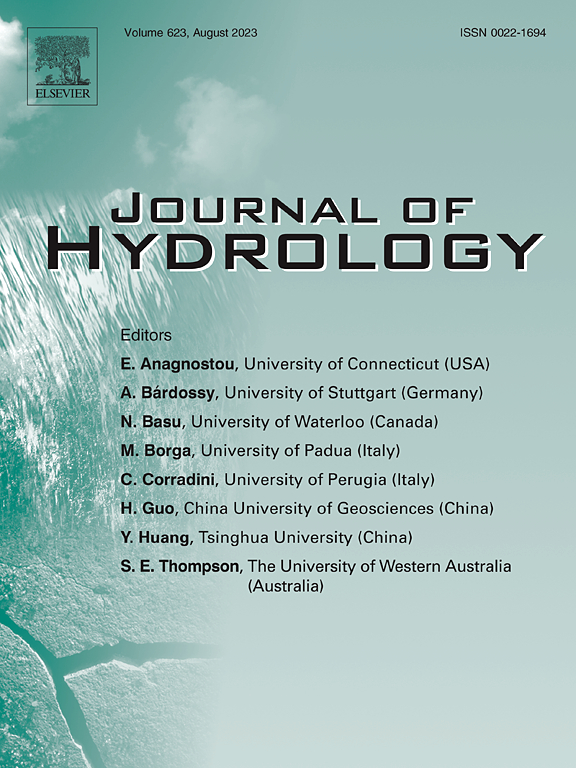Advancing group decision-making in sustainable water resource management: a Z-number enhanced framework for wastewater reuse
IF 6.3
1区 地球科学
Q1 ENGINEERING, CIVIL
引用次数: 0
Abstract
In the face of global water scarcity, sustainable water resource management, such as treated wastewater reuse, is crucial. However, identifying optimal reuse alternatives presents significant challenges, primarily due to the complexities of decision-making under uncertainty, conflicting criteria, and varying expert judgments. This paper introduces a Group Multi-Attribute Decision-Making (GMADM) method enhanced with Z-numbers, a new generation of fuzzy logic that effectively manages uncertainties by incorporating data constraints and expert judgment reliability. A key contribution of this study is the development of a method to convert linguistic variables and pairwise comparisons into a Z-number-driven Decision Matrix (ZDM), improving the decision-making process in complex group scenarios. To address computational challenges, a simplified approach to calculating Z-numbers is proposed, which reduces computational costs.
The method is applied to a case study on Tabriz, Iran, a city facing significant water scarcity. Five wastewater reuse alternatives are evaluated based on nine sub-criteria spanning economic, technical, environmental, and social factors. The Z-number-driven GMADM method ranks alternatives using fuzzy Hausdorff distance (FHD) and relative closeness (RC) to ideal solutions. A comparison with traditional methods, such as the fuzzy analytic hierarchy process (FAHP), shows that industrial usage is ranked as the top alternative for wastewater reuse. The sensitivity analysis confirms that variations in expert opinion reliability significantly impact the rankings of alternatives, further validating the proposed method’s applicability in real-world decision-making scenarios, particularly in sustainable water resource management.
推进可持续水资源管理中的群体决策:废水回用的z数增强框架
面对全球水资源短缺,可持续的水资源管理,如处理过的废水回用,至关重要。然而,确定最佳的重用替代方案提出了重大的挑战,主要是由于在不确定性、相互冲突的标准和不同的专家判断下决策的复杂性。本文介绍了一种新一代模糊逻辑——z数增强的群体多属性决策方法(GMADM),该方法通过结合数据约束和专家判断可靠性,有效地管理了不确定性。本研究的一个关键贡献是开发了一种将语言变量和两两比较转换为z数驱动的决策矩阵(ZDM)的方法,从而改善了复杂群体场景中的决策过程。为了解决计算难题,提出了一种简化的计算z数的方法,从而降低了计算成本。
本文章由计算机程序翻译,如有差异,请以英文原文为准。
求助全文
约1分钟内获得全文
求助全文
来源期刊

Journal of Hydrology
地学-地球科学综合
CiteScore
11.00
自引率
12.50%
发文量
1309
审稿时长
7.5 months
期刊介绍:
The Journal of Hydrology publishes original research papers and comprehensive reviews in all the subfields of the hydrological sciences including water based management and policy issues that impact on economics and society. These comprise, but are not limited to the physical, chemical, biogeochemical, stochastic and systems aspects of surface and groundwater hydrology, hydrometeorology and hydrogeology. Relevant topics incorporating the insights and methodologies of disciplines such as climatology, water resource systems, hydraulics, agrohydrology, geomorphology, soil science, instrumentation and remote sensing, civil and environmental engineering are included. Social science perspectives on hydrological problems such as resource and ecological economics, environmental sociology, psychology and behavioural science, management and policy analysis are also invited. Multi-and interdisciplinary analyses of hydrological problems are within scope. The science published in the Journal of Hydrology is relevant to catchment scales rather than exclusively to a local scale or site.
 求助内容:
求助内容: 应助结果提醒方式:
应助结果提醒方式:


